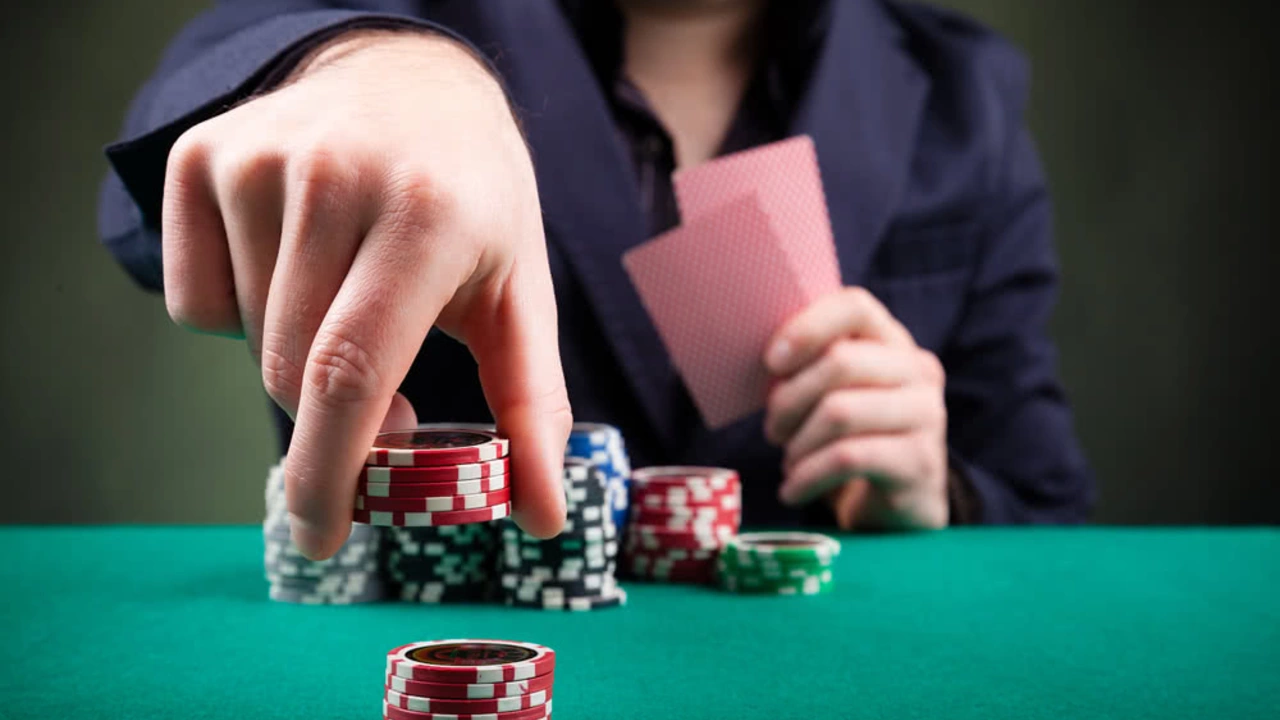Understanding the Role of a Dealer in Poker
As a beginner in the world of poker, you might wonder who the dealer is and what role they play in the game. The dealer in poker is a crucial player who facilitates the game. They are responsible for dealing the cards to each player, ensuring the game runs smoothly, and making sure the rules are adhered to. The dealer position is often rotated among the players in home games, while in casinos and poker rooms, a professional dealer handles the cards.
Dealing the Cards: The Primary Job of a Dealer
The most basic duty of a dealer is to deal the cards. This may sound simple, but there's a lot more to it. The dealer must shuffle the deck of cards, deal the appropriate number of cards to each player, and manage the community cards on the table. They must do this in a specific order, ensuring fairness in the game. In a professional setting, dealers are also trained to deal cards swiftly and accurately, keeping the pace of the game up.
The Dealer Button: A Visual Guide
In poker games, especially Texas Hold'em, a dealer button is used. This is a visual aid that helps keep track of the rotational dealer position in the game. It moves one seat to the left after each hand, signifying the changing of the dealer's position. It's important to note that even if there's a professional dealer, the button is still used to denote the theoretical dealer in the betting structure.
Dealer's Responsibility to Keep the Game Fair and Smooth
Apart from dealing cards, a dealer has several other responsibilities. They must ensure that the rules of the game are followed and that the game runs smoothly. This means managing the pot, making sure bets are placed correctly, and settling any disputes that may arise during the game. In a professional setting, the dealer also needs to keep an eye out for any signs of cheating or collusion between players.
How the Dealer Affects the Game Strategy
The dealer's position can significantly influence a player's strategy in poker. Because the dealer acts last in betting rounds, they have the advantage of seeing what all other players have done before making their move. This can provide valuable information and influence their betting decisions. Therefore, when it's your turn to be the dealer, use this positional advantage to your benefit.
How to Become a Poker Dealer
If you're interested in becoming a professional poker dealer, there are a few steps you need to take. You'll need to learn the rules of poker inside out, get trained in how to deal cards accurately and quickly, and learn how to manage the game. Many casinos and gambling establishments offer dealer training programs. Good manual dexterity, excellent customer service skills, and a keen attention to detail are also essential to excel in this role.
Understanding the role of a dealer in poker is critical whether you're a player looking to improve your game or interested in a career as a professional dealer. The dealer keeps the game moving, ensures fairness, and adds a strategic element to poker that makes it the exciting game we all love.
